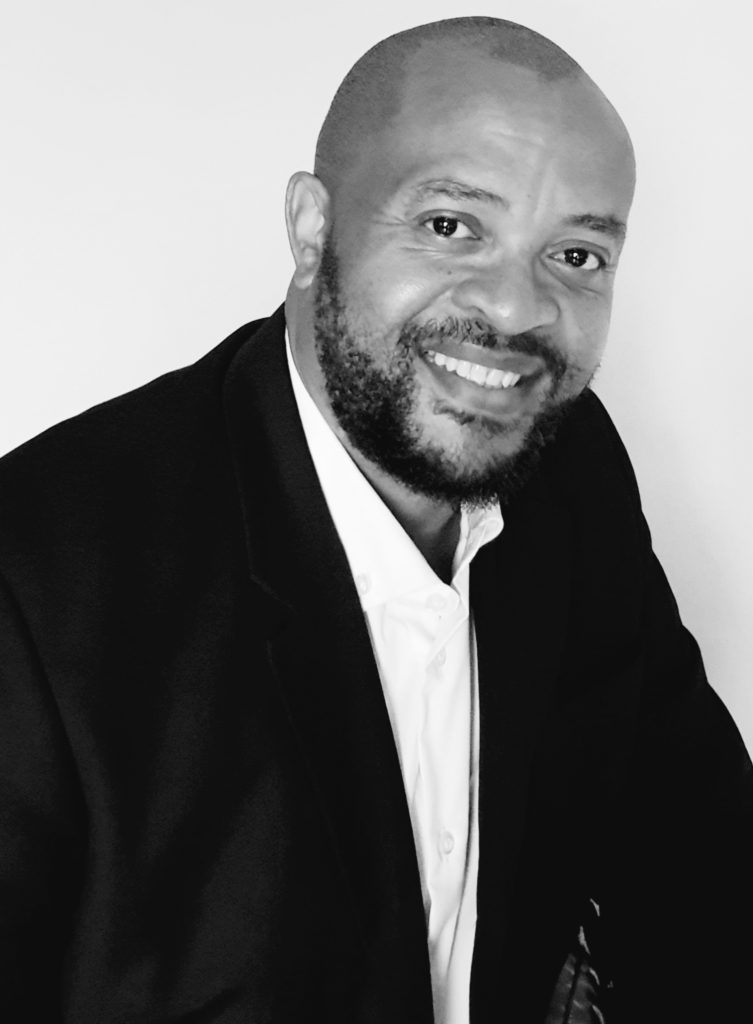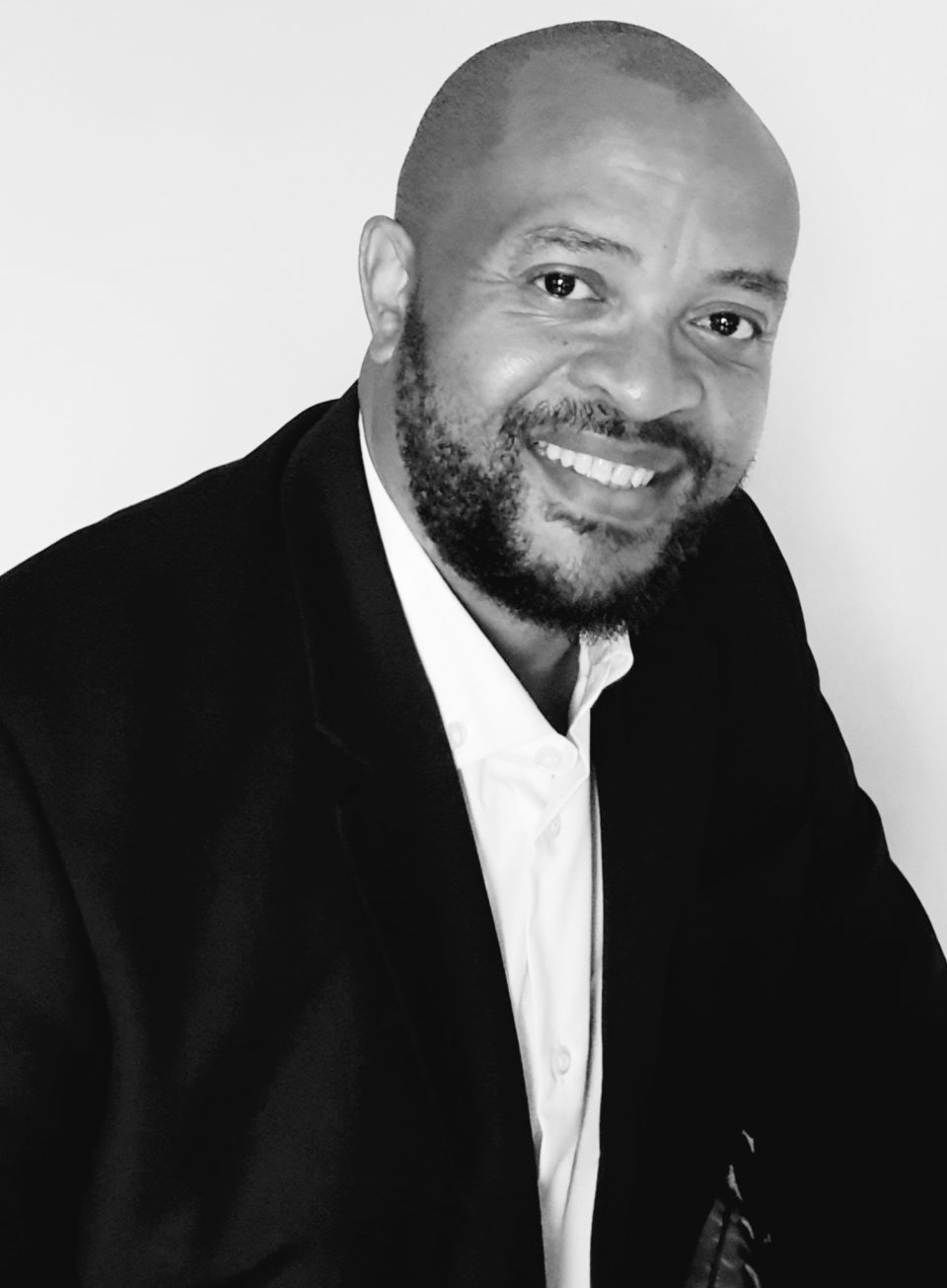
Muziwethu Zwane
Matric exams are underway, bringing into focus, once again, the dire state of South Africa’s education and the conditions our learners endure both within schools and at home.
Like last year and years gone by, we are sadly still discussing the problem of overcrowding in classrooms in Alexandra Township. Research consistently highlights the importance of one-on-one attention between teacher and student in promoting academic success and emotional well-being. How can this happen when classes overflow with 70 – 80 learners and more to just one teacher?
We also cannot ignore the problems of domestic and community violence that learners are exposed to, and the debilitating effects this has on their mental and emotional wellbeing. How can we expect a child to learn and perform well in their exams with the weight of these burdens hanging over them?
To the class of 2025 and beyond
We cannot continue this way if we have any hope of securing better, sustainably successful futures for all South African learners and the next generation of matriculants. Our focus as a nation needs to shift from applying the band-aid approach to more strategic interventions at grassroots level to achieve the sustainable and equitable educational system we need. It is also imperative that we lay a foundation for long-term transformation by recognising that success starts from a child’s earliest years and continues well into adulthood.
Rays of Hope has, for this reason, adopted a ‘Whole Child Model’, which supports young people in all aspects of life. Our interventions include early childhood development (ECD), education support in the form of English and Maths lessons and psychosocial support to the entire family unit.
This means children are not just seen as learners, but as individuals within a broader family and community context. From ensuring nutritional needs are met to supporting emotional well-being, the model offers a horizontal and vertical approach that surrounds each child with comprehensive care. By engaging the family, siblings, and local community, Rays of Hope helps create a supportive environment where learning thrives.
And while the government faces systemic issues, collaboration between corporates, NGOs, and community leaders offers a way forward. Rays of Hope’s model is a testament to what can be achieved when we treat the whole child, investing not just in their academic success but in their future as empowered, well-rounded individuals.
As such, this is a call to action – for businesses, educators, and community members to rally around holistic, long-term solutions that uplift not just students but families and communities. Only by working together can we turn these educational challenges into opportunities for growth and success. Support us by funding one of these initiatives that in turn develop this community.
Muziwethu Zwane, CEO of Rays of Hope. He writes in his personal capacity.


